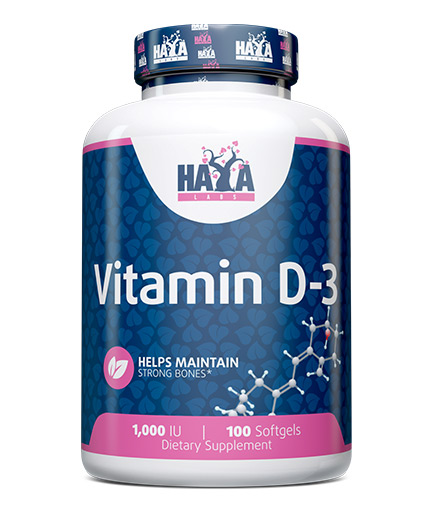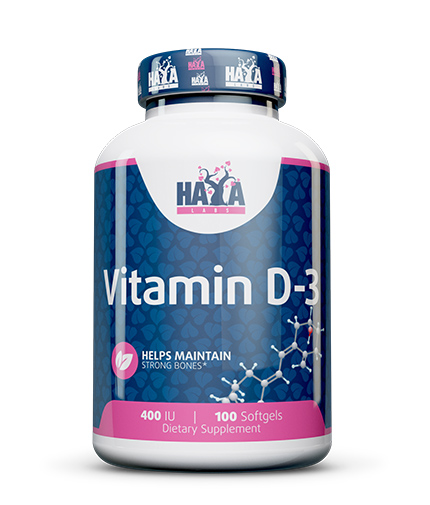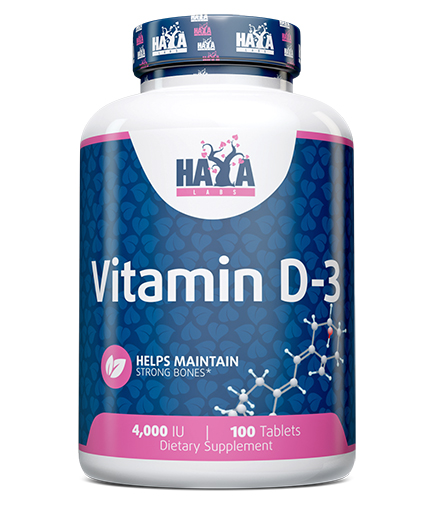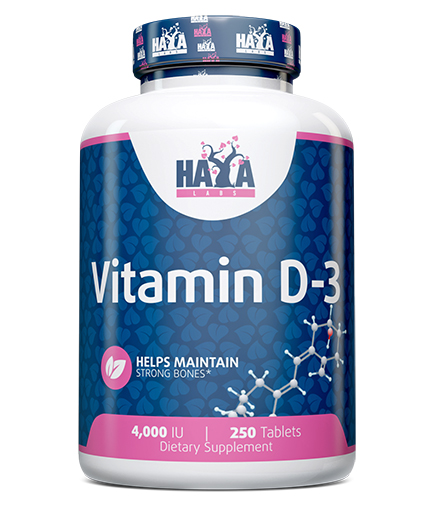
Tips for preventing vitamin D deficiency
0
1406
Why does the body need vitamin D?
The fat-soluble vitamin D is important, among other things, for calcium metabolism and bone mineralization. Its effect on bone metabolism is best known. Vitamin D helps the absorption of calcium and phosphate from the intestine and promotes their incorporation into bones and teeth. It also has a positive effect on muscle strength and coordination. Vitamin D is believed to support the human immune system in its defense against pathogens.
How does the body obtain vitamin D?
The body produces approximately 80 to 90 percent of its vitamin D needs from sunlight—it is the most important source of vitamin D for humans. The remaining 10 to 20 percent must be covered through a healthy diet.
Dietary supplements are appropriate if improvement in vitamin D levels cannot be achieved through natural synthesis or through food. It is important to have tests done beforehand to determine the levels of the vitamin in your blood and to consult your doctor for a recommendation.
The daily requirement of vitamin D
Vitamin D needs are met partly through the body's own production, but also through proper nutrition. It is best to go outside as often as possible to stimulate vitamin D production. It is enough to expose your face, hands and forearms uncovered to the sun for 5 to 25 minutes, depending on your skin type. Vitamin D stores need to be replenished, especially in the spring.
During the months of October to March, sunlight is not strong enough, so the body draws on reserves from the previous summer months. Thus, the accumulated levels of vitamin D decrease and are gradually depleted.
Especially during this time, foods rich in vitamin D are recommended. These include oily fish, dairy products, porcini mushrooms, eggs, and others.
.jpg)
What happens if you have a vitamin D deficiency?
If the body lacks vitamin D for a longer period of time, a deficiency occurs. The result is that various processes in the body no longer run smoothly, which can lead to complaints such as:
- hair loss
- fatigue
- poor eyesight
- headache
- sleep disorders
- concentration problems
- joint and bone pain
Long-term deficiency can lead to a decrease in bone density.
read more
Vitamin D deficiency can also impair muscle strength, coordination, and reflexes. In old age, this can lead to diseases such as osteoporosis or Alzheimer's disease.
Instructions for taking vitamin D
The time of day does not matter when taking vitamin D. Vitamin D should always be taken with fat, which facilitates absorption. Depending on the dosage form – drops, capsules or tablets – you can take the hormone with your morning breakfast, for example.
What happens if you overdose on vitamin D?
In case of overdose, poisoning can occur. This increases the levels of calcium and phosphate in the body, which can lead to acute nausea and vomiting or, in the worst case, cardiac arrhythmia, kidney damage, loss of consciousness and death.
Since overdose through sun exposure and diet is impossible, care must be taken, especially with supplements (drops, capsules or tablets), to avoid excess vitamin D. The human body does not simply excrete it, but stores the hormone in fatty and muscle tissue, where it accumulates.
.jpg)
Three tips to prevent vitamin D deficiency
1. Expose yourself to sunlight
Get outside and use every opportunity to expose your face, hands and forearms to the sun. Consider your skin type and adjust the time accordingly. Usually just 15 minutes is enough to stimulate vitamin D production. In the hot months when the sun is very strong, be careful.
2. Eat a diet rich in vitamin D
Eat foods rich in vitamin D. These include herring, salmon, and tuna, as well as eggs, cheese, mushrooms, and avocados.
3. Nutritional supplements
If you suspect a vitamin D deficiency and wish to take supplements, contact your GP or pharmacist. Too much vitamin D can be just as harmful as too little, so you should avoid self-medication.
Best regards,
Haya Labs
.







